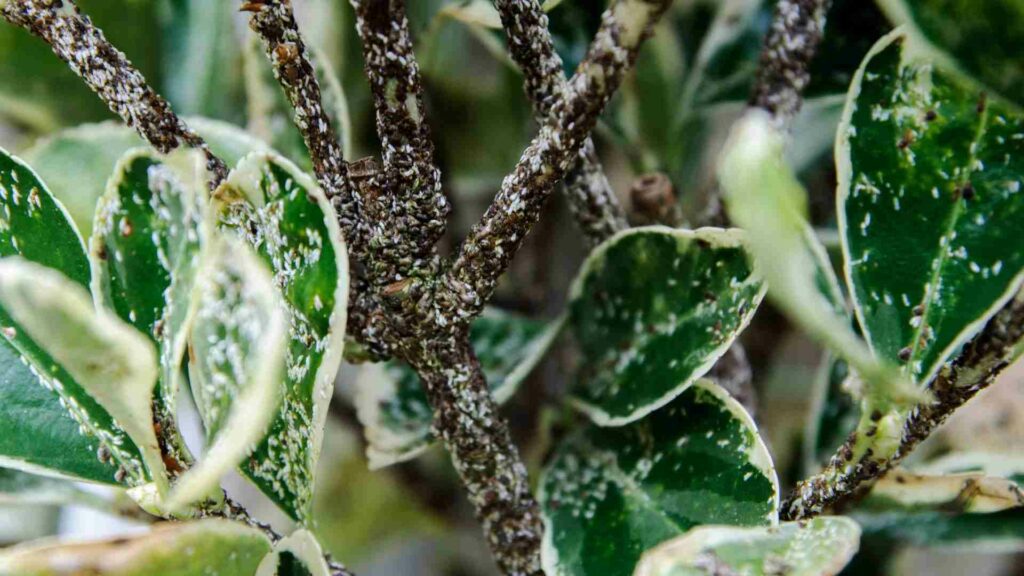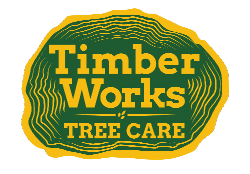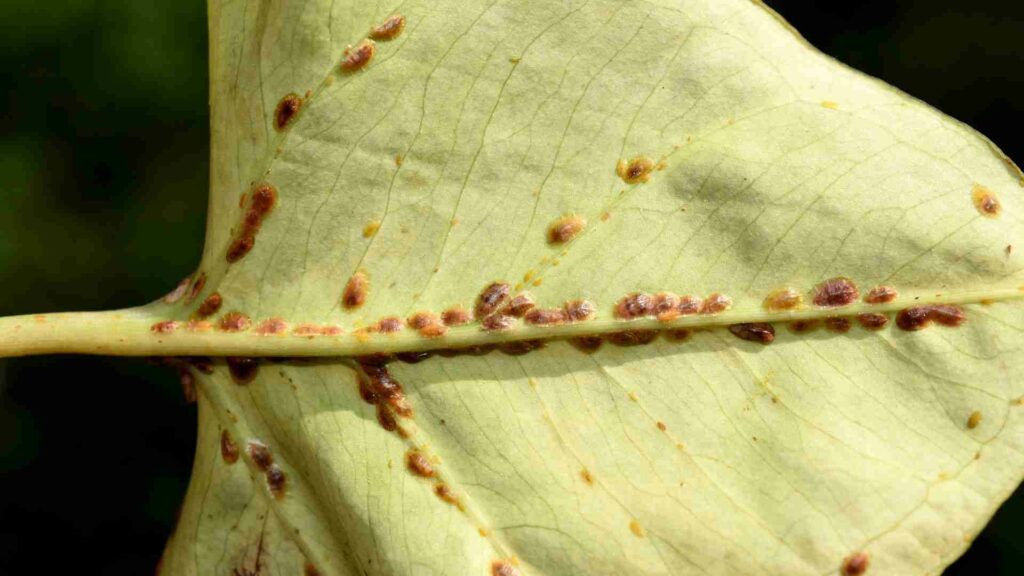The prevalence and illusive nature of scale insects qualify them as a “must-know” among property owners. Indeed, thorough arborists will watch out for scale insects during inspections, as they can devastate trees and plants. Yet learning how to identify scale insects can help you to manage them. You can better recognize when to contact a professional emergency tree service to handle infested vegetation.
Timber Works Tree Care provides such services to property owners throughout Markham, VA. We offer a wide range of tree care services, including emergency tree trimming. Moreover, we ingrain safety, efficacy, and outstanding customer service into every project we handle. For tree care done right, contact us today at (540) 692-9606.
Below, we describe scale insect species, symptoms of their infestations, and how we approach managing those infestations:
What Are Scale Insects?
The term scale insects refers to a group of shelled bugs that feed on the sap of plants, though amateur landscapers often mistake them for plant disease infections due to their atypical appearance. Over 8,000 species of scale insects—varying widely in size, texture, and color—can be found on almost every continent.
In some species, the short-lived males have wings and can move from plant to plant. However, scale insects are usually stationary and reliant on humans, birds, or wind to spread. These insects only travel long distances when their host plants are inadvertently moved and introduced to new environments.
All scale insects have a shell-like casing under which the insect lives, inserting its mouthparts into plants and sucking out their sap. This feeding removes vital nutrients from the plant, weakening—and potentially killing—it. Scale insects also produce large amounts of honeydew, attracting other fatal tree pests, molds, and diseases.
How to Identify Scale Insect Infestations

The first noticeable symptom of a scale insect infestation is withering leaves, followed by branch dieback. This gradual weakening of the plant makes it more vulnerable to wood-boring insects, sooty molds, impact injuries, and diseases. If left unchecked, the compounding of these attacks—or even scale insects alone—will lead to unsightly deformities and even death. If you notice these symptoms, contact an emergency tree cutting service as soon as possible.
Types of Scale Insects
The primary types of scale insects are:
- Hard Scale Insects: As their name suggests, hard scale—or armored scale—insects produce a tough, waxy covering to protect their body and eggs. Armored scale species are the most common type of scale insect, of which several generations appear each year. Examples include the euonymus, oyster shell, pine needle, and San Jose scale varieties.
- Soft Scale Insects: Rather than a thick, inflexible armor separate from their body, soft scale insects secrete a smooth, cottony, or waxy covering. They are generally larger than their hard scale brethren, though they exhibit an array of different appearances. Typically, soft scale insects have just one generation per year, so they appear less often than hard scale varieties. Species include the brown soft, cottony maple, European elm, fletcher, hemispherical, lecanium, and magnolia scale.
Scale Insect Control
Given the diversity of scale insects, pinpointing an appropriate control method is challenging. Furthermore, factors like the host plant species, ecosystem, and extent of infestation will influence the effectiveness of management strategies. Generally, horticultural oil and biological controls have effectively mitigated scale insect populations. However, always consult an expert arborist to determine the appropriate approach.
Schedule an Emergency Tree Service Visit in Markham, VA
Timber Works Tree Care offers 24/7 emergency tree service to the residents of Markham, VA. We understand the urgency and disruption tree emergencies can create. That is why, from scale insects to storm damage tree cleanup, we are there around the clock, whenever you need us most. If your trees are infested or otherwise a hazard, contact us for help at (540) 692-9606.







